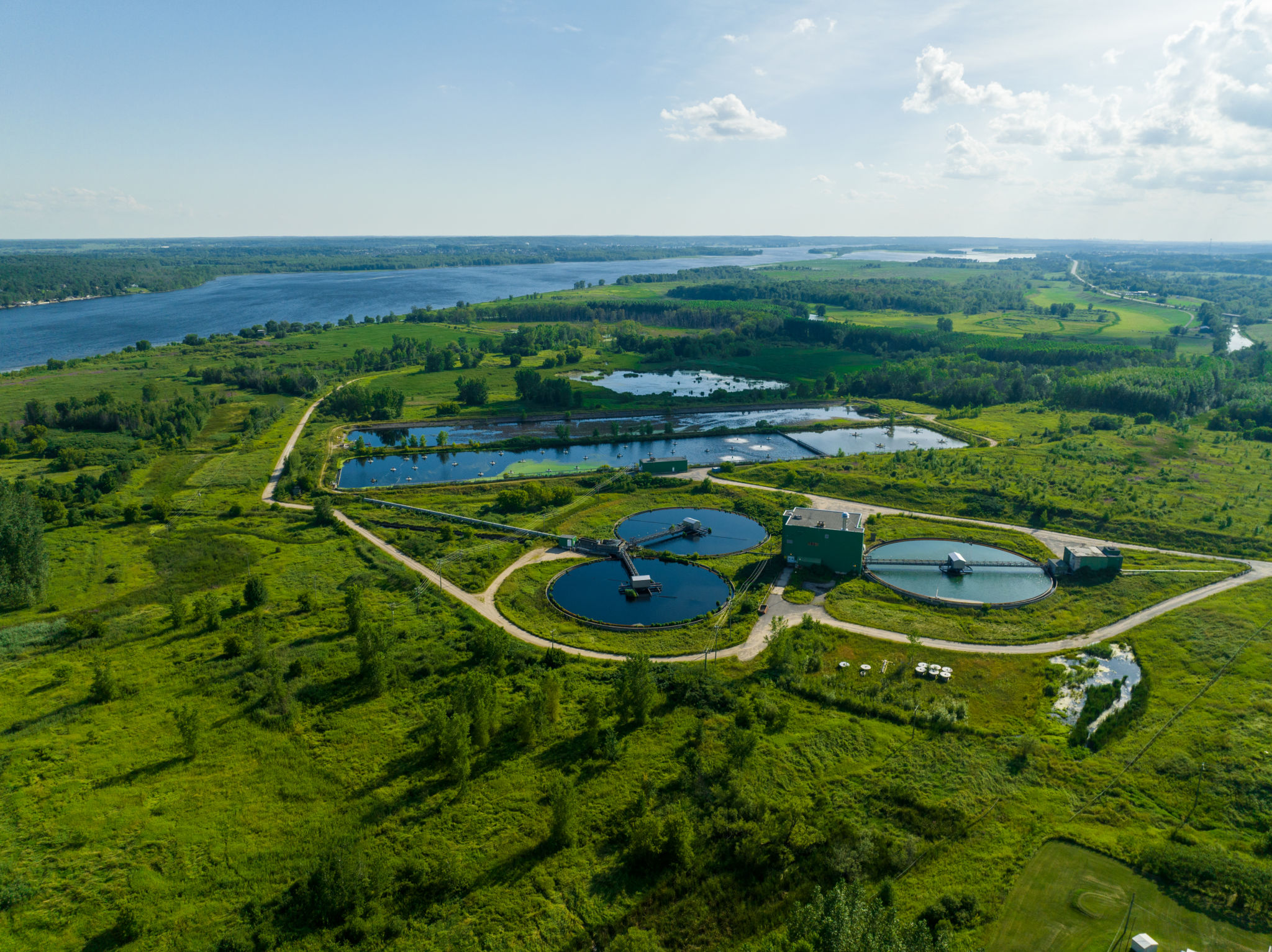How Floating Covers Revolutionize Wastewater Treatment: Insights from Dover
The Importance of Efficient Wastewater Treatment
Wastewater treatment is an essential process for maintaining public health and environmental sustainability. As urban areas expand, the demand for efficient and cost-effective treatment solutions has increased dramatically. Innovations in this field can lead to significant improvements in wastewater management, helping communities reduce pollution and conserve resources. One such innovation is the use of floating covers, which have gained attention for their numerous benefits.
Floating covers offer an advanced solution to some of the most persistent challenges in wastewater treatment. By providing a physical barrier on the surface of treatment ponds or tanks, these covers help control odor, prevent evaporation, and reduce energy consumption. In the town of Dover, the implementation of floating covers has led to impressive results, showcasing their potential as a game-changer in the industry.

Understanding Floating Covers
Floating covers are specialized membranes that rest on the surface of a liquid body, creating a seal that minimizes exposure to external elements. These covers are typically made from durable materials like high-density polyethylene (HDPE) or reinforced polypropylene, ensuring long-lasting performance in various environmental conditions. Their design allows them to adjust with the liquid level, maintaining contact and effectiveness.
The benefits of floating covers extend beyond simple containment. They help maintain stable conditions within the treatment system, which is crucial for optimizing biological processes. By reducing the influx of oxygen and other gases, floating covers create an environment more conducive to anaerobic digestion, a key process in breaking down organic material.

Benefits of Floating Covers in Wastewater Treatment
The implementation of floating covers in wastewater treatment offers multiple advantages. Among the most notable are:
- Odor Control: By sealing off the surface, floating covers significantly reduce the emission of unpleasant odors commonly associated with wastewater facilities.
- Evaporation Reduction: Water loss through evaporation is minimized, conserving water resources and maintaining consistent treatment volumes.
- Energy Efficiency: By stabilizing temperatures and reducing heat loss, floating covers can lead to lower energy requirements for heating and aeration processes.
These benefits contribute to a more sustainable and cost-effective wastewater management system, addressing key concerns faced by municipalities and private operators alike.
Dover's Success Story
In Dover, the adoption of floating covers has demonstrated remarkable success. Local authorities reported a significant reduction in operational costs and an improvement in overall treatment efficiency. The covers have resulted in lower energy bills and decreased chemical usage, leading to substantial economic savings.

The environmental impact has been equally positive. With reduced odor emissions, the surrounding community has experienced an improvement in air quality, enhancing the quality of life for residents nearby. Additionally, the minimized evaporation has led to better water conservation efforts, aligning with Dover's sustainability goals.
Challenges and Considerations
While floating covers offer numerous benefits, there are challenges associated with their implementation. Initial installation costs can be high, and selecting the appropriate materials and design for specific site conditions requires careful planning. Additionally, routine maintenance is necessary to ensure the longevity and effectiveness of the covers.
Despite these challenges, many communities find that the long-term advantages outweigh the initial investments. The key to successful implementation lies in thorough research and collaboration with experienced suppliers and engineers.
The Future of Floating Covers in Wastewater Treatment
As technology advances, floating covers are expected to become even more efficient and accessible. Innovations in material science could lead to lighter, more durable covers with enhanced capabilities. Furthermore, increased awareness of environmental issues will likely drive further adoption of this technology across various sectors.
In conclusion, floating covers represent a significant advancement in wastewater treatment technology. By addressing key issues such as odor control, water conservation, and energy efficiency, they offer a comprehensive solution for modern wastewater management challenges. Dover's successful implementation serves as a model for other communities looking to enhance their treatment processes sustainably.
